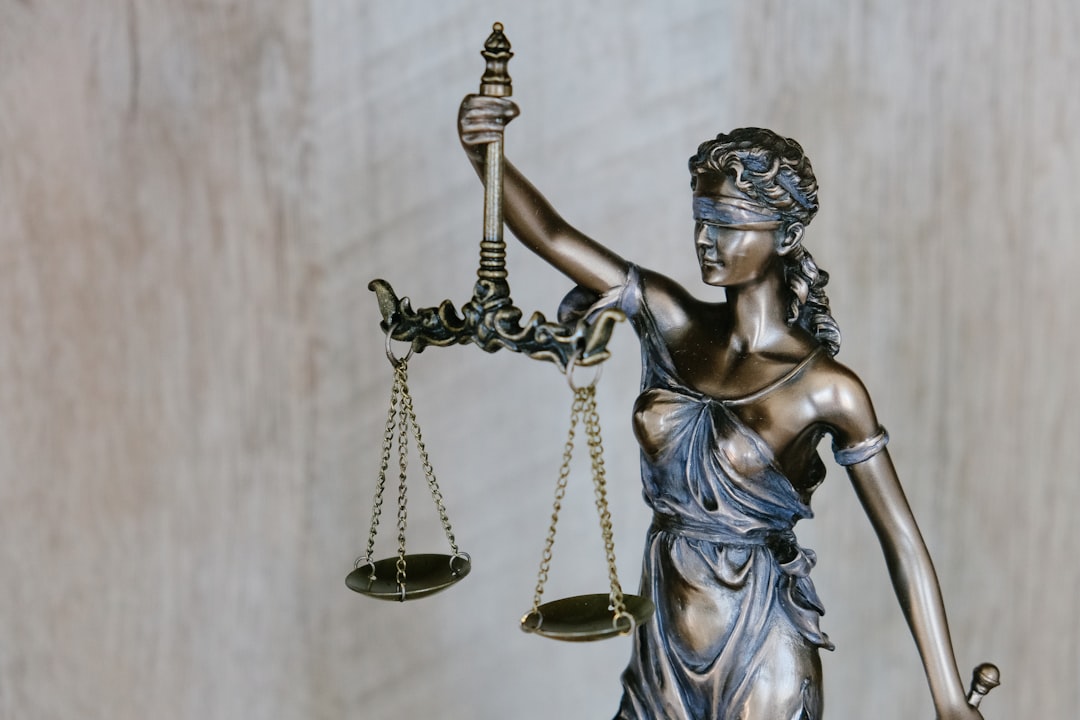Sexual abuse within San Francisco's Juvenile Detention Centers is a serious concern. A specialized sexual abuse law firm in San Francisco CA plays a crucial role in exposing these crimes, seeking justice through civil lawsuits and criminal charges. California state laws and federal regulations offer robust protections for victims, who can pursue compensation, policy changes, and accountability with the help of this firm. They investigate, support survivors, negotiate with authorities, and represent clients in court, empowering victims to take action against perpetrators and access justice.
In the heart of San Francisco, juvenile detention centers (JDCs) have been under scrutiny for alleged instances of sexual abuse, raising urgent legal questions. This article delves into the complex landscape of sexual misconduct within SF JDCs, exploring its scope and impact on young lives. We dissect relevant legal frameworks that protect victims’ rights and highlight the critical role a specialized sexual abuse law firm in San Francisco CA plays in seeking justice. Understanding these mechanisms is crucial for both victims and advocates navigating this challenging issue.
Understanding the Scope of Sexual Abuse in SF JDCs

Sexual abuse within San Francisco’s Juvenile Detention Centers (JDCs) is a profound and complex issue that demands attention from both legal professionals and community members alike. These detention centers, designed to house and rehabilitate young individuals, have faced severe allegations of sexual misconduct by staff members towards their vulnerable residents. The scope of this problem is vast, encompassing various forms of abuse including unwanted touching, sexual exploitation, and harassment.
A sexual abuse law firm in San Francisco CA plays a pivotal role in shedding light on these heinous acts. By pursuing legal remedies, such as civil lawsuits against negligent institutions and criminal charges against perpetrators, these firms work towards holding accountable those who have violated the rights of minors. The fight against sexual abuse in JDCs requires a multi-faceted approach, involving legislative reforms, improved oversight, and increased public awareness to ensure the safety and dignity of all young people under custody.
Legal Frameworks and Rights for Victims

In the context of sexual abuse in San Francisco Juvenile Detention Centers, understanding the legal frameworks and rights available to victims is paramount. California state laws, bolstered by federal regulations, offer robust protections for individuals who have experienced sexual harassment or assault within detention facilities. Victims have the right to seek legal redress through civil lawsuits against perpetrators or institutions responsible, with the support of a sexual abuse law firm in San Francisco CA. These legal actions can aim to secure compensation for damages, change policies to prevent future abuses, and ensure accountability.
The state’s Sexual Assault Law, among other legislation, provides victims with a clear path to justice. It mandates comprehensive reporting and investigation procedures, ensuring that perpetrators face consequences. With the aid of legal professionals specializing in sexual abuse cases, survivors can navigate these complex laws effectively. This process empowers them to take control and demand justice for the trauma they have endured while also setting a precedent to hold detention centers and their staff accountable for maintaining safe environments.
Strategies and Roles of a Sexual Abuse Law Firm San Francisco CA

A sexual abuse law firm in San Francisco, CA plays a pivotal role in advocating for justice and support for victims within the city’s juvenile detention centers. These specialized legal professionals are equipped to handle complex cases involving sexual misconduct, possessing extensive knowledge of state laws and policies related to youth protection. They strategize by thoroughly investigating incidents, gathering evidence, and interviewing witnesses to build strong legal cases.
The firm’s approach often involves negotiating with authorities, filing lawsuits when necessary, and representing clients in court. They also provide critical support services, such as counseling and guidance, ensuring victims feel heard and receive the help they need to heal. Their expertise in navigating the legal system empowers survivors to take action against perpetrators and seek the justice they deserve.





